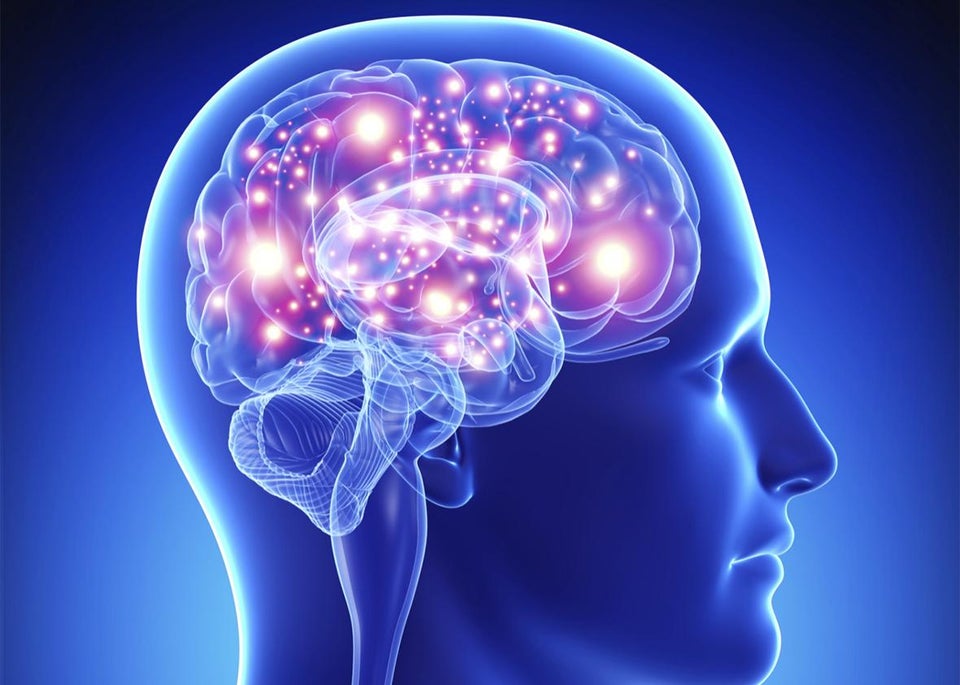Comments
- No comments found

There is a new article, Neuroscientist Loses a 25-Year Bet on Consciousness — to a Philosopher, concluding with the remarks: "The easy problem, which the wager focused on, is identifying the neural correlates of consciousness. It turns out the easy problem isn’t all that easy. Given that the easy problem is actually hard, the (really) “hard” problem of how physical processes in the brain give rise to subjective conscious experience probably will remain unsolved for a very long time to come. Perhaps it will never be solved."
Neuroscientists agree that the brain generates predictions, but how, remains unclear. Some of the predictions that the brain generates are part of one's consciousness experiences. So, if it is possible to explain how what seems like prediction works in the brain, would that not imply that an aspect of consciousness is solved?
Neurobiologists often explain memory in terms of concepts, categories or association, based on one thing evoking others. If the so-called concepts are in conscious awareness, then how concepts might be working in the brain is explained, does it not imply that an aspect of consciousness is clearer?
Whatever consciousness is referred to [being, experience], does the brain make any distinction from what it does to generate an emotion? If it is agreed that the mind is responsible for thoughts, memory, emotions, feelings and so forth, what is the mind, where is it, how might it be functioning?
There are discussions on the neural correlates of consciousness. This means that there should be neural correlates for thoughts, feelings, emotions and others. It is possible to make the case that different types of neurons are involved in different processes, but what do all neurons have in common regardless of type?
If a mental health problem is experienced, yet neuroimaging cannot tell how exactly it might be happening, what new questions are necessary towards progress?
It is postulated that the collection of all electrical and chemical impulses of neurons, their features and interactions are the mind. They are responsible for everything that the mind does, including consciousness, whose purpose is to know.
There is no mechanism of impulses in the cerebellum that is different from the one in the cerebral cortex. The differences obtained in functions at those centers lie with the availability picks of impulses, during interactions, not that the interactions are different.
This, for example, means that pockets in jeans, though sizes and shapes are different but they are spaces for things—back or forth, with similar use cases.
Conceptually, a feature of sets of electrical impulses involved in some experiences includes early-split or go-before to 'acquire' chemical impulses before others follow, explaining what predictions are called, or predictive coding and processing, or prediction error. There are sequences or bounce points off chemical impulses for sets that explain concepts, categories or associative memory.
If what is described as consciousness is based on how the mind works, chunks of its difficulty may already be sought.
Leave your comments
Post comment as a guest